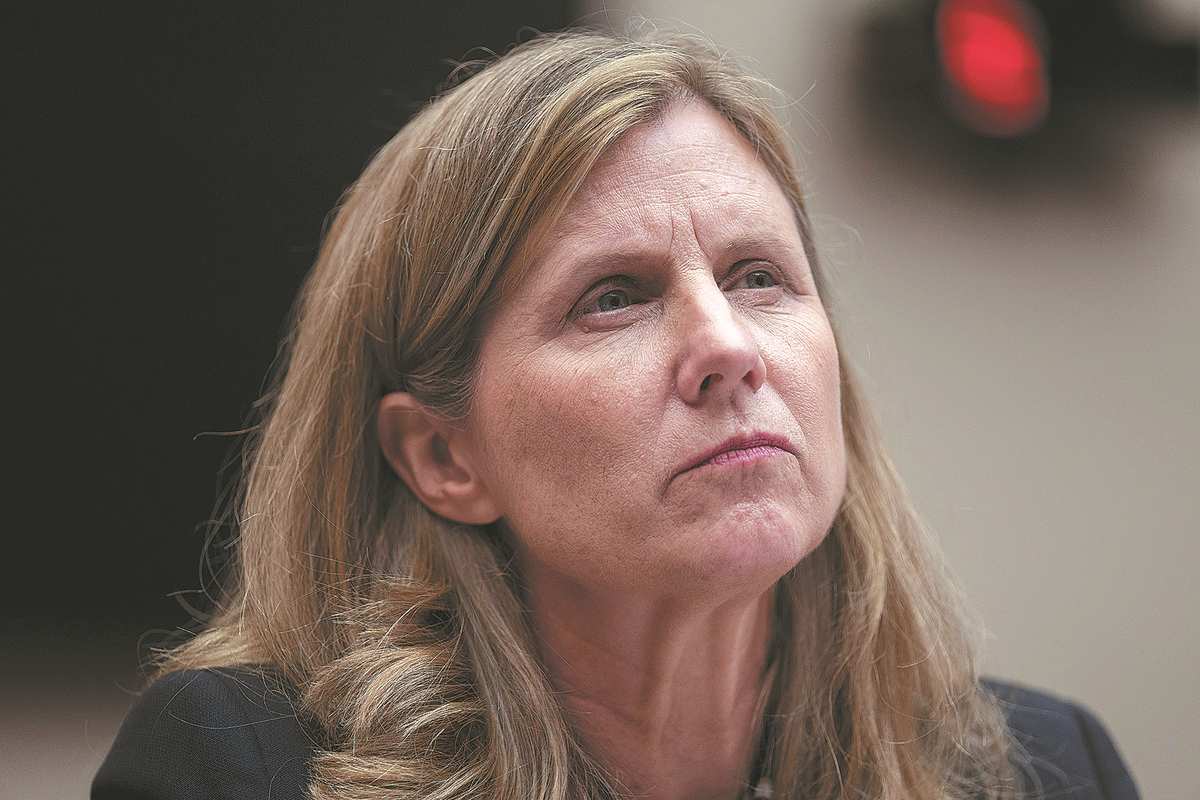US university presidents facing tough scrutiny
Resignations thrust leadership of schools into national spotlight


The two resignations raised numerous questions, including what the increasingly polarizing political climate in the US might mean for higher education — especially amid the 2024 presidential election campaigns. There is also the issue of the right to free speech and whether the swirling controversy and problems entangling US higher education might reduce interest in becoming a university president.
Ted Mitchell, president of the American Council on Education, or ACE, and a former president of Occidental College in Los Angeles, told The Washington Post, "There's no question that people are thinking twice now about whether they want to be college presidents.
"It has always been a 24/7 job. There have always been multiple constituencies, but what seems to have happened over the last few years is that the volume dial for all of those constituencies has turned up."
Jonathan Fansmith, senior vice-president of government relations at ACE, which represents colleges and universities, said he had anticipated a heightened attack on higher education.
"Everyone expects in 2024, especially given the election cycle, you're going to hear a lot of pretty heated rhetoric and you're going to see a lot of people who, for whatever electoral reasons, want to hold up colleges and universities for attack," he told GBH media.
Cancel culture
Fansmith's comments were echoed by Greg Lukianoff, president of the Foundation for Individual Rights and Expression, an organization whose advocacy focuses on college campuses and has challenged the suppression of free speech by people of varying political beliefs.
"I wouldn't exactly envy university presidents in the current environment," he said. Lukianoff anticipates a particularly tumultuous time for leaders who have espoused progressive ideals. "We are likely going to see an uptick in cancel culture coming from the right," he told USA Today.
The resignations of Gay and Magill come as higher education institutions face numerous challenges, including the high cost of attending schools, the value of higher education, the shrinking number of students, and the growing politicization of higher education.
Doug Shapiro, executive director of the National Student Clearinghouse Research Center, said that compared with a decade ago, there are now 2.5 million fewer students enrolled in college in the US.
There always has been a divide between Republicans and Democrats — and higher education, but education experts say it has now deepened, and recent polling illustrates this.
In 2015, polling by Gallup found 56 percent of Republicans had "a great deal" or "quite a lot" of confidence in higher education. By 2023, the proportion had fallen to 19 percent. Confidence fell among Democrats, too, but far less dramatically, from 68 percent to 59 percent.


















